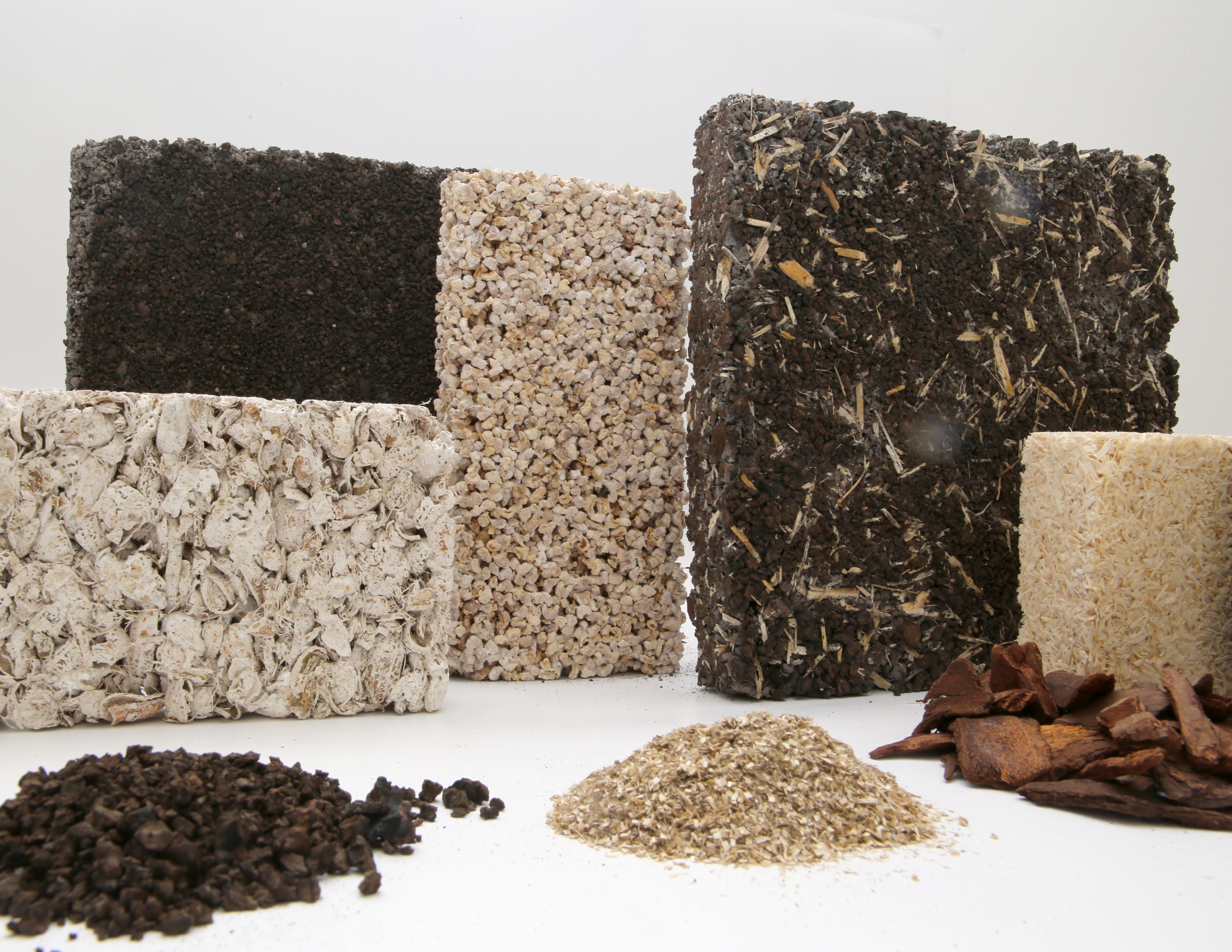OrganoPor: Bio-Based Boards for A Thermal Insulation Composite System
Fraunhofer Institute for Structural Durability and System Reliability LBF developed a novel, bio-based facade insulating material during a two-year project. It can be competitive in manufacturing, processing and offer the properties needed for market-leading polystyrene insulation boards. Since OrganoPor also offers a competitive price, it has an opportunity to conquer the market. Fraunhofer LBF will present more about the new insulating material at the JEC World Trade Fair in Paris, from March 3 to 5, 2020, in Hall 6, Booth J 28 of the Fraunhofer-Gesellschaft.

Polystyrene foam boards (PS) are the most common insulation material, used in more than 90% of all thermal insulation composite systems (TICS). There have been hardly any bio-based alternatives, as they are associated with manageability and price issues. The Fraunhofer LBF’s project developed a competitive, bio-based hybrid material for PS boards which are also price-competitive — a pioneering achievement.
These use residual and waste materials such as cork and corncobs, waterborne resins based on lignin, and mineral fillers as flame retardants. To manufacture the panels, the porous particles of renewable raw materials are coated with a bio-based duromer, that includes a mineral flame retardant, and are then pressed. The benefit: This is not a new manufacturing process. An existing, marketable principle can be used without a great deal of effort.
The resulting boards behave in fires in the same way as the latest-generation polystyrene foam hybrid materials. Component densities of 120 kg/m³ and thermal conductivities of 40 mW/m K have been achieved. Its open-pored structure provides control of water vapor diffusion. Applications tests performed by DAW, its industrial partner, have shown that OrganoPor can be easily used in TICSs.
OrganoPor is particularly economical to produce, due to the structural and processing parallels to polystyrene foam hybrid materials. An additional benefit is the availability of raw materials. OrganoPor has a great opportunity to establish itself as an ecological alternative in the insulation material market.
The German Federal Ministry of Food and Agriculture (BMEL) supported the “Insulation Materials for Building Insulation from Biogenic Residues with Spherical, Porous Structure and Fire-Retardant Bioresin Matrices” project via the Agency for Renewable Raw Materials (FNR). Project partners included JOMA Dämmstoffwerk GmbH, J. Rettenmaier & Söhne GmbH + Co KG, Nabaltec and DAW SE (Deutsche Amphibolin-Werke).
The final report is available at fnr.de under the funding ID 22023516.
The organopor.com website provides basic information about the project history and properties of OrganoPor materials.
Last modified:
 Fraunhofer Institute for Structural Durability and System Reliability LBF
Fraunhofer Institute for Structural Durability and System Reliability LBF
